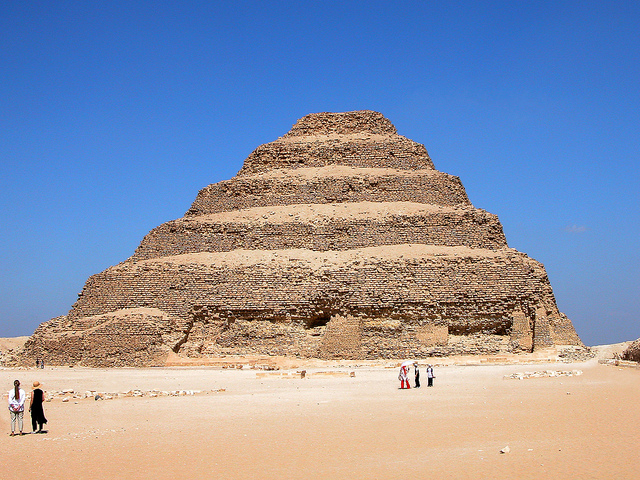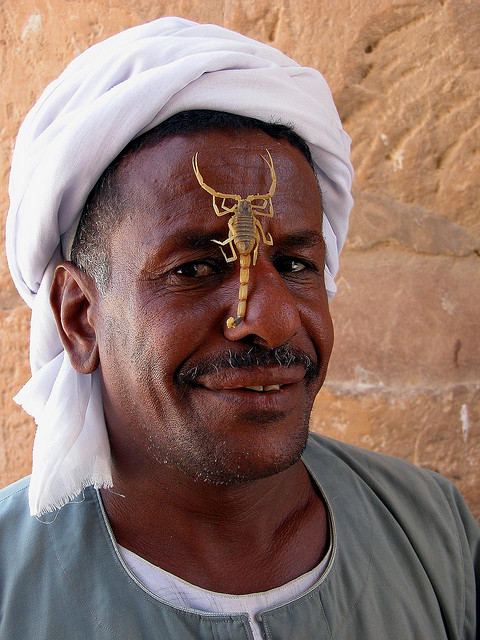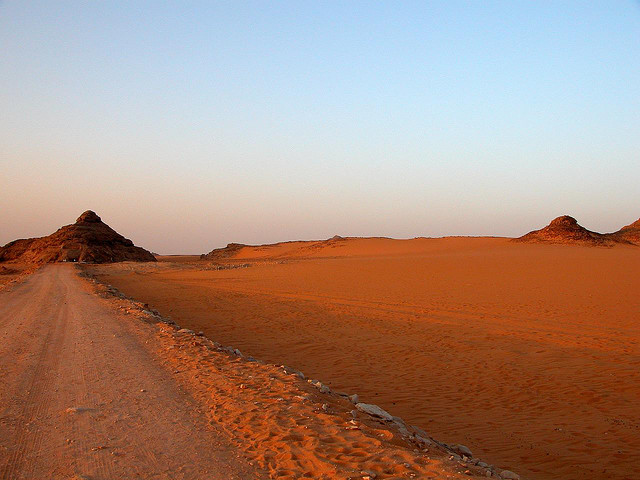If you decided after our last blog that Sandboarding in Egypt is the trip for you, you’ll need to know a little more about visiting the country itself.
We have compiled some essential information as well as handy hints and tips that every traveller should to know from getting in, to staying safe and of course a few pointers on local custom.
Entry
You will need a visa and a valid passport unless staying at Sharm El Sheikh, Dahab, Nuweiba and Taba resorts – visitors to these destinations will be given a free entry permission stamp on arrival. However, if you plan to leave the resort during your stay, you will need a visa. Passports must have a minimum of 6 months left from date of entry.
Etiquette
Egypt is Muslim country, and it is advised to respect their customs – so no public displays of affection, and keep yourself covered up.
On that note, displays of affection between same sex couples is in fact ILLEGAL in Egypt and can result in a conviction for breaching laws on public decency.
Alcohol and Drugs
Drinking is ONLY permitted in licensed restaurants and bars. Drinking outside these permitted areas can result in arrest.
Use, possession and trafficking drugs is illegal in Egypt and the law is upheld with lengthy sentences or the death penalty.
Transport
There are 3 main bus services running through Egypt; The Upper Egypt Bus Company, serving the Nile Valley, Inner oasis and Red Sea coast; The East Delta Bus Company operates in the Sinai Peninsula and Canal Zone; and The West Delta Bus Company serving Alexandria, North Coast and Nile Delta.
Taxis are usually cheap, and a much better way for tourists to travel around – best booked from reception wherever you are staying, they will have trusted and reputable drivers that are more likely to have a fixed price for excursions.
Money
The currency is Egyptian Pounds, shown as LE, and the exchange rates are much better in Egypt (at present) than they are in the UK. Note… they will not exchange Scottish notes.
Tipping is common, and although service providers are happy to accept Euros and GBP, it is better to tip in the local currency as the general assumption is travellers are loaded and so they will less likely to give a favourable ‘exchange rate’ in foreign currency.
Banks are open until around 2 in the afternoon, and most major cards are accepted.
Health
- Don’t drink the tap water
- Make sure you drink plenty of bottled water to avoid dehydration
- Always use sunscreen
Safety
Egypt has undergone some unrest of late, and there is a threat of terrorism. Demonstrations most often happen on a Friday, attracting attract military and police attention. If you find yourself near any kind of demonstration, it is advisable to get out of the area as swiftly as possible.
Generally speaking resorts are well protected.
For more information, check out the FCO travel advice for egypt – it has up to date information on law, health, safety, entry and political situations.



